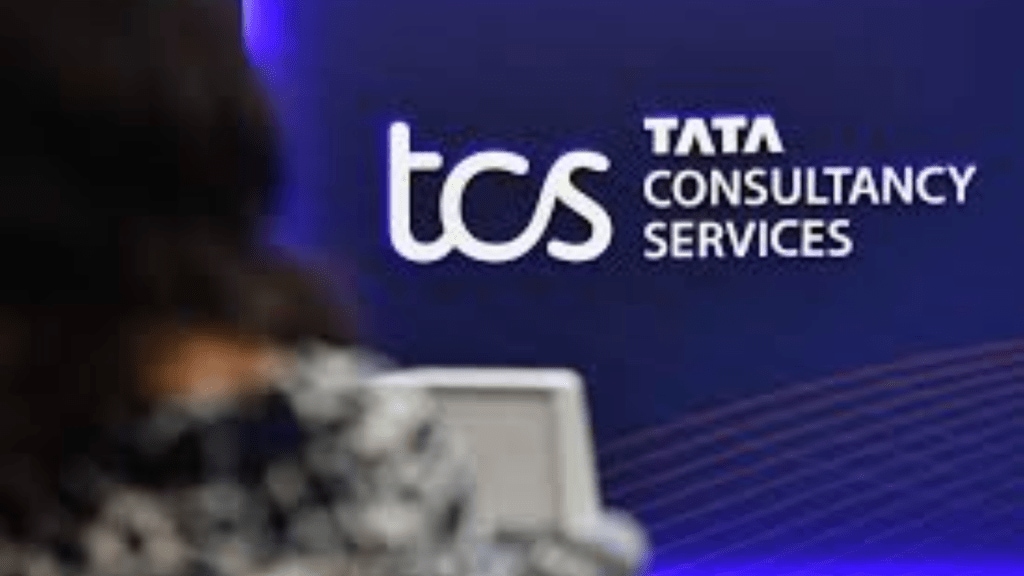Tata Consultancy Services’ (TCS) second-quarter results have left analysts divided — not on performance, which beat expectations on both revenue and profitability, but on the company’s bold new bet on data infrastructure. The IT major’s plan to build a 1 GW artificial intelligence-focused data centre network over the next five to seven years has drawn sharply contrasting reactions from brokerages.
Some analysts view the move as a strategic leap that could strengthen TCS’s presence in the fast-growing AI ecosystem. Experts from HDFC Securities said the investment “fits into the company’s vision of becoming the world’s largest AI-led technology services firm,” while HSBC analysts called it a step that “reinforces TCS’ relationships with hyperscalers.” Goldman Sachs termed it a “bold, long-term move” that could account for nearly a fifth of India’s future data-centre capacity.
Others questioned the logic of entering a low-return, asset-heavy business when core IT growth remains weak. Ambit Capital analysts described the foray as diversification “into a low RoCE, uncertain-revenue business,” while Jefferies warned it “has limited synergies with IT services and may not materially change TCS’s growth profile.”
What did Motilal Oswal say?
Some, like Motilal Oswal, took a middle view, calling it a “cash-deployment play rather than a services-led growth driver,” though the brokerage noted that rising domestic demand offers some stability.
TCS’ stock closed at Rs 3,028.4, down 1.1% on the Bombay Stock Exchange (BSE) on Friday, the day after the fiscal second-quarter results were announced.
Operationally, TCS showed disciplined execution amid muted demand. Revenue grew 0.8% in constant currency and 3.7% in rupee terms, topping estimates, while EBIT margin improved to 25.2%, aided by cost cuts and operational efficiency. The company trimmed about 20,000 jobs, partly due to a firm-wide restructuring to align skills with its AI-focused strategy, and partly from voluntary exits and performance-linked involuntary attrition, management said on the post-earnings call. Analysts noted that the margin lift came from tight cost control but may prove temporary once wage hikes and utilisation normalise.
Growth remained modest, with most verticals showing small gains — life sciences and healthcare was the outlier — while consumer business lagged. Similarly, most core markets saw slow growth, with Europe continuing to drag. Emerging markets such as the Middle East, Africa, and India showed robust growth.
Deal momentum stayed strong
Deal momentum stayed strong, with total contract value at USD 10 billion, up 16% year-on-year, supported by wins such as TRYG Insurance and the upcoming BSNL project. Brokerages said this underscores TCS’s strength in vendor-consolidation and cost-efficiency deals, even as discretionary spending remains tight.
Analysts noted TCS has now seen over 12 quarters of near-flat sequential growth, signalling that global IT demand remains sluggish. MD and CEO K Krithivasan also described the demand environment as sluggish, though he voiced optimism for the remaining quarters.
Management expects better international growth in FY26, though analysts noted that the implied 1.5% sequential “ask rate” makes the target challenging, given seasonal furloughs and conservative client spending. (Ask rate refers to the quarterly growth TCS must sustain in the second half of the year to surpass last year’s pace.)
Most brokerages expect a more visible rebound only in FY27, once large deals ramp up and demand from the US and Europe stabilises.

